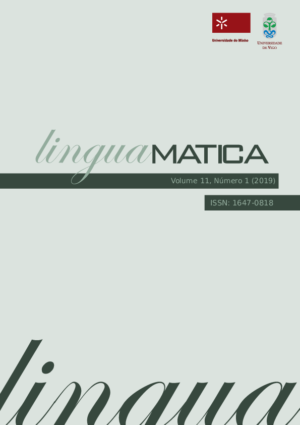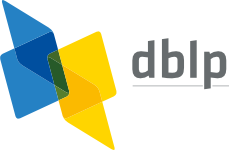The Development and Evaluation of a Corpus-based Spanish Collocation Error Detection and Revision Suggestion Tool
Abstract
The topic of collocation has drawn attention for the past three decades in the lexical area of theoretical and applied linguistics. Our research team developed and evaluated a corpus-based assisted tool for collocation learning in Spanish. Based on the two constructed corpora (CEATE and CPEIC) and a Spanish collocation extraction tool (HCE), this computer-assisted learning tool, SpColEDRS, is easy to use to detect errors and also suggests revisions for Spanish collocations. Based on the evaluation, the research results indicated that the tool developed in this research can assist learners effectively, especially in the case of beginners. In addition, the results of the satisfaction survey provided positive confirmation of the effectiveness of this tool in assisting the learning of Spanish collocations. Finally, this study shed light on pedagogical applications of the constructed corpora and the learning of Spanish collocation with a corpus-based approach in a multilingual acquisition setting.
Copyright (c) 2019 Hui-Chuan Lu, An Chung Cheng, Shujuan Wang

This work is licensed under a Creative Commons Attribution 4.0 International License.
Authors who publish with this journal agree to the following terms:
- Authors retain copyright and grant the journal right of first publication with the work simultaneously licensed under a Creative Commons Attribution License that allows others to share the work with an acknowledgement of the work's authorship and initial publication in this journal.
- Authors are able to enter into separate, additional contractual arrangements for the non-exclusive distribution of the journal's published version of the work (e.g., post it to an institutional repository or publish it in a book), with an acknowledgement of its initial publication in this journal.
- Authors are permitted and encouraged to post their work online (e.g., in institutional repositories or on their website) prior to and during the submission process, as it can lead to productive exchanges, as well as earlier and greater citation of published work (See The Effect of Open Access).













